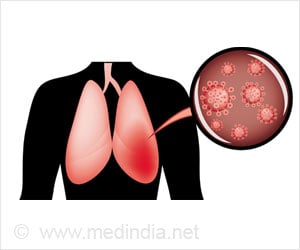Researchers at the University of Rochester have identified a protein that promotes vitamin E’s retention in prostate cells, thereby slowing the development of prostate cancer
Researchers at the University of Rochester have identified a protein that promotes vitamin E’s retention in prostate cells, thereby slowing the development of prostate cancer.
The protein called alpha tocopherol associated protein, or TAP, is known to play a vital role in the synthesis of cholesterol in the liver. Cholesterol plays a significant role in the development of heart disease and is nearly always implicated in heart attacks.But this is the first time that its association with suppressing the growth of prostate cancer has come to light. The team of researchers led by ShuYuan Yeh, assistant professor of urology and pathology also found that TAP also increases the retention of Vitamin E in the prostate cells and appears to disrupt a signaling pathway in prostate cancer cells.
“Vitamin E and TAP have distinct pathways to modulate prostate cancer cell growth and we hypothesize that vitamin E and TAP can work together to elicit better tumor suppression effects,” the researchers note in the study, which appears in the 1 November issue of Cancer Research.
They found that when compared to normal prostate tissue, which had high levels of TAP; human prostate cancer tissue had reduced levels of the protein. The same finding was also seen in several prostate cancer cell lines tested by the researchers. As far as the exact mechanism was concerned, the researchers say that Vitamin E disrupted the pathway by which prostate cancer cells synthesize prostate-specific antigen (PSA) and the androgen receptor. Both these steps are vital in the development and progression of the cancer. “No one really knows how vitamin E works. TAP may give us insights into how vitamin E works anywhere in the body and why it is a required vitamin,” observed Edward Messing, a co-author of the study.


![Prostate Specific Antigen [PSA] Prostate Specific Antigen [PSA]](https://www.medindia.net/images/common/patientinfo/120_100/prostate-specific-antigen.jpg)








